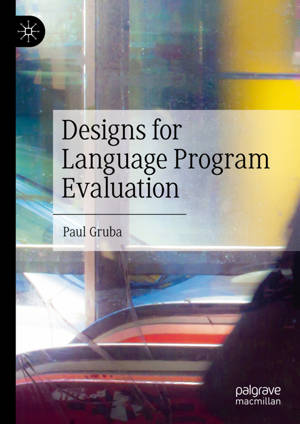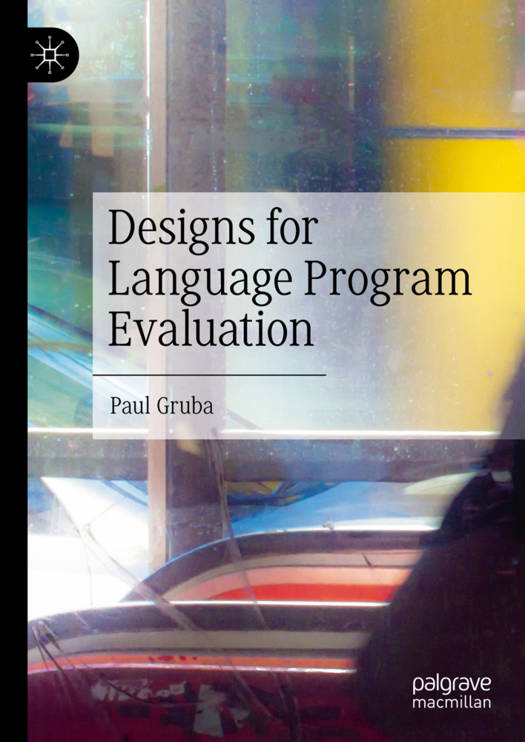
- Afhalen na 1 uur in een winkel met voorraad
- Gratis thuislevering in België vanaf € 30
- Ruim aanbod met 7 miljoen producten
- Afhalen na 1 uur in een winkel met voorraad
- Gratis thuislevering in België vanaf € 30
- Ruim aanbod met 7 miljoen producten
Zoeken
Omschrijving
This book aims to advance language program evaluation and practice, building on the author's previous work in Blended Language Program Evaluation (Palgrave Macmillan, 2016). The book is based in theory, yet incorporates case study examples throughout each chapter. The conceptual framework is grounded in complexity and evaluative thinking, and incorporates a three-tiered approach on themes ranging from 'hybrid learning' through to 'leadership' and 'sustainability'. The style of the work seeks to engage stakeholders through its focus on utility and program improvement, and result in pragmatic, evidence-based results that foster quality teaching, learning, and administration. Despite being situated in a multibillion dollar global industry, few language professionals evaluate their language programs and foster improvement. This book is addressed to current language professionals and researchers, and aims to fill this gap in current knowledge and practice.
Specificaties
Betrokkenen
- Auteur(s):
- Uitgeverij:
Inhoud
- Aantal bladzijden:
- 236
- Taal:
- Engels
Eigenschappen
- Productcode (EAN):
- 9783031689253
- Verschijningsdatum:
- 12/10/2024
- Uitvoering:
- Hardcover
- Formaat:
- Genaaid
- Afmetingen:
- 148 mm x 210 mm
- Gewicht:
- 458 g

Alleen bij Standaard Boekhandel
+ 274 punten op je klantenkaart van Standaard Boekhandel
Beoordelingen
We publiceren alleen reviews die voldoen aan de voorwaarden voor reviews. Bekijk onze voorwaarden voor reviews.











